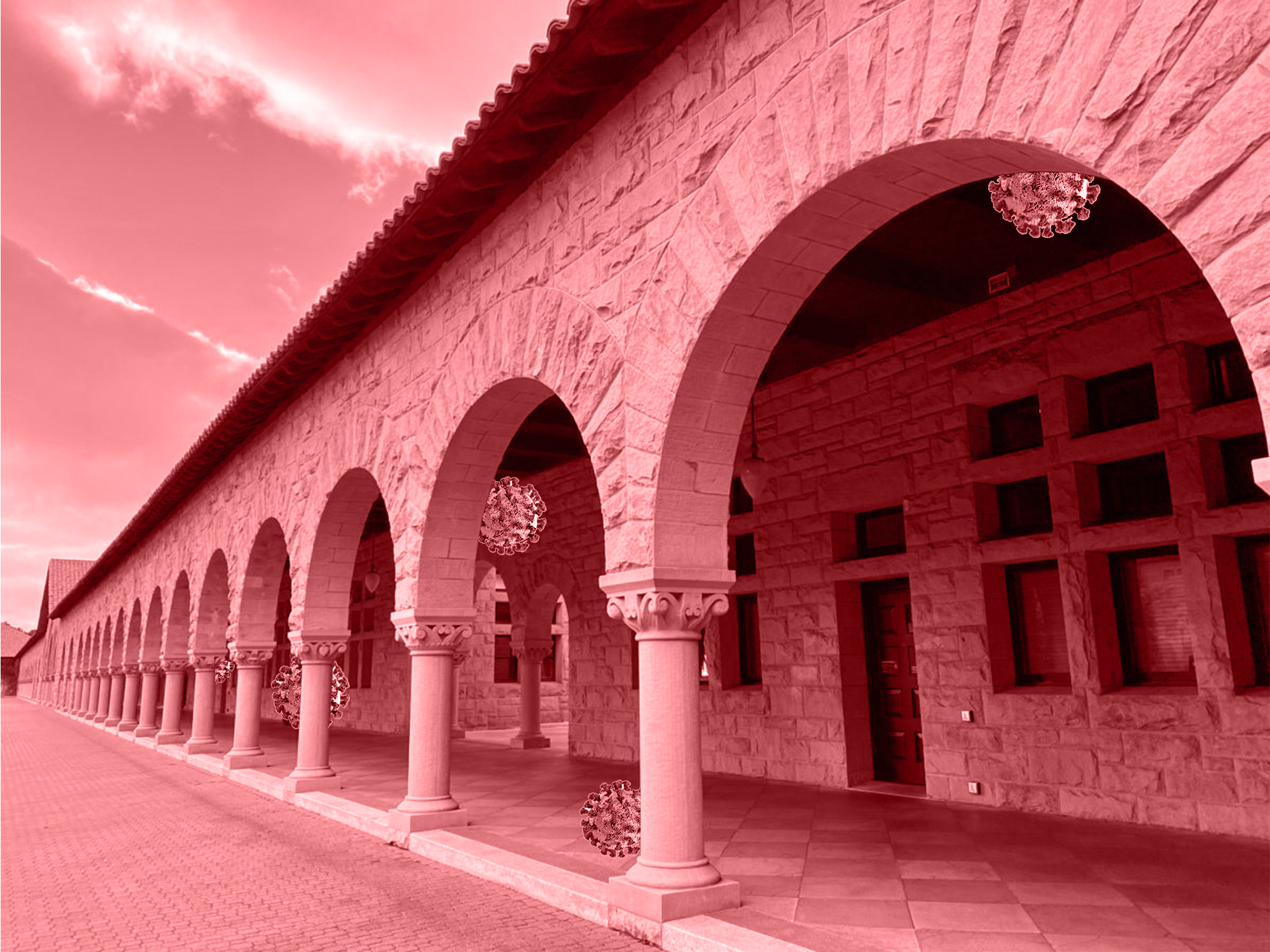Campus workers and members of Students for Workers’ Rights (SWR) are raising the alarm that the University’s decision to bring juniors and seniors back to campus for spring quarter will put service workers’ health and safety at risk.
SWR and union members continue to demand that the University ensure hazard pay and paid sick leave, as well as address complaints of overwork, in order to support service workers during the pandemic. So long as the University fails to provide these supports, advocates claim, workers will be ill-prepared for the influx in students in the spring.
“Our concerns haven’t changed for a year,” said SWR member Arushi Gupta ’23. “I don’t see how any of these conditions will change meaningfully in the spring.” Advocates garnered a win when the University committed to worker pay continuation last April after staff was put out of work by the pandemic, but that pay was delayed for six weeks following the announcement.
One worker said that, in addition to providing on-site hazard pay, Stanford and the custodial company UG2 should address issues of overwork, which she expects to worsen in the spring. UG2 is a custodial company with which Stanford contracts to provide services like cleaning and maintenance. One way UG2 or Stanford might address overwork, the worker said, is by rehiring contract workers who were laid off in March due to COVID-19.
“I have coworkers who already have three, or four or five areas that they’re responsible for covering,” the source, who was granted anonymity for fear of retribution, said in Spanish. “The increase in work has been noticed by all the janitors on the night shift, and the administration is giving us more areas of work instead of bringing more colleagues back who were laid off because of COVID-19.”
University spokesperson E.J. Miranda told The Daily in an email that “the health and safety of our employed and sub-contracted staff are extremely important to us and we are currently evaluating whether any changes or modifications need to be made to support our workforce and our contractors with the return of juniors and seniors to campus.”
In the same announcement reaffirming spring plans, president Marc Tessier-Lavigne and provost Persis Drell wrote that “weekly testing is also being provided for employees of contract firms working in custodial, security, and child care services on campus” but failed to address hazard pay or overwork concerns.
Stanford began offering free weekly testing for contract workers in January, according to SWR. Prior to that point, SWR claims, workers did not have access to COVID-19 testing on campus.
Miranda wrote that COVID-19 testing was encouraged but not required for contract workers prior to January, but did not respond to questions about access to testing. Due to expectations that frosh and sophomores would live on campus in the winter, Miranda wrote, the University began to require testing for “some contracted workers” in January and continued to require tests for both on-site employees and contract workers after cancelling winter plans.
Vaccination could potentially provide some respite for workers this spring. On Feb. 28, Santa Clara County expanded vaccine eligibility to include education workers.
But SWR members Jeff Rodriguez ’20, Olivia Fu ’22 and Gupta raised concerns in a joint statement that “reckless behavior from students would put workers at risk,” given that campus service workers are “the ones cleaning potentially infected spaces.” Their concerns follow a wave of reports of on-campus gatherings, including a reported 100-person party near Florence Moore Hall in early February. If such behaviors were to continue, SWR members fear that a large student population could pose a danger to workers’ health in the event of a COVID-19 outbreak.
“There’s responsible students and there’s irresponsible students,” the same worker said. “The irresponsible ones always get together — we have seen groups of young people outside together having parties, we have seen students in public areas not maintaining social distance.”
But Tessier-Lavigne and Drell said that they believe students will adhere to COVID-19 related University policies and public health standards, writing that they “believe the vast majority of Stanford students, and hopefully all, will engage in responsible behaviors.”
